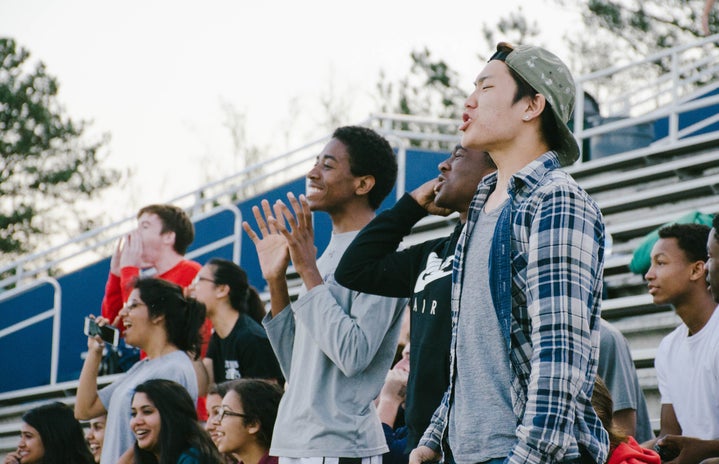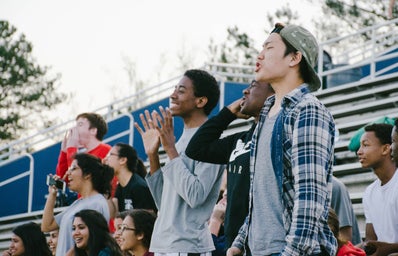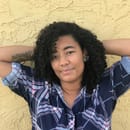Athletes can become pretty famous. They’re celebrities we look up to and admire for their skills and for some, their personalities. They’re certainly the face of their teams. With the Kansas City Chiefs winning the Super Bowl, it’s unlikely you’ll find anyone who hasn’t heard of Patrick Mahomes and what a respectful, inclusive man he is. With the fame of being an athlete, usually pro on a college, state or national level, comes a platform. But what they can use their platform for might be restricted by the image their team wishes to maintain, which is why in the past it was common for athletes to stay in the closet (that is, to hide that they were queer). Fortunately, that’s not as common anymore and we can celebrate the impact that out and proud queer athletes, sportscasters and coaches have, like this first one, Steve Mason.
Part of learning who you are is discovering who other people are. It’s easier for puzzle pieces to click into place when we see other people use the same pieces. For Mason, he didn’t see any LGBT+ representation in the sports industry as a kid and he wanted to change that so others could find their way into the business and know the two can collide. He came out in 2016 after he began his career in sportscasting and afterward, he created a scholarship for LGBT+ students interested in sports journalism to support their career aspirations. This promoted the opposite of players being afraid of punishment and being kicked off the team for expressing their sexuality. It’s instead encouragement for students to be honest in their identity. This encouragement is similarly happening for student athletes as well.
We’re seeing more and more athletes come out and maintain their positions. An example of this is Pomona-Pitzer college football player Jack Storrs. He came out as bisexual in 2019 and received full support from his team, friends and family. Not only was the team supportive of Storrs, but they showed their support for the entire LGBT+ community. For National Coming Out Day, the team wore stickers on their helmets to show their support, which spread acceptance and visualization to anyone who watched that game and now everyone who hears about it. This is encouraging to those LGBT+ athletes currently playing or wondering if they could ever be on a team and feel like family.
Our last example is a trailblazer in multiple ways. Katie Sowers is a female football coach for the San Francisco 49ers. She’s also a lesbian. Unfortunately, Sowers has faced descrimination for her sexuality, being turned down for a job because of it. But that didn’t discourage her from her passion. She played football before coaching and she still proudly examples the ability to be LGBT+ in the sports industry. In an interview with Outsports, Sowers said, “The more we can create an environment that welcomes all types of people, no matter their race, gender, sexual orientation [or] religion, the more we can help ease the pain and burden that many carry every day.” Through her words and actions, she sets an example.
With various people from coaches to players to those who report on the games, we now see that ‘queer’ and ‘sports’ are coming together. They’re not oil and water. Let’s keep passing on encouragement to those that want to maintain this bridge, the future athletes and sport industry workers. There are more scholarships to be found, and hey, there are probably more to be funded too. Do you know of any? Pass them on!



